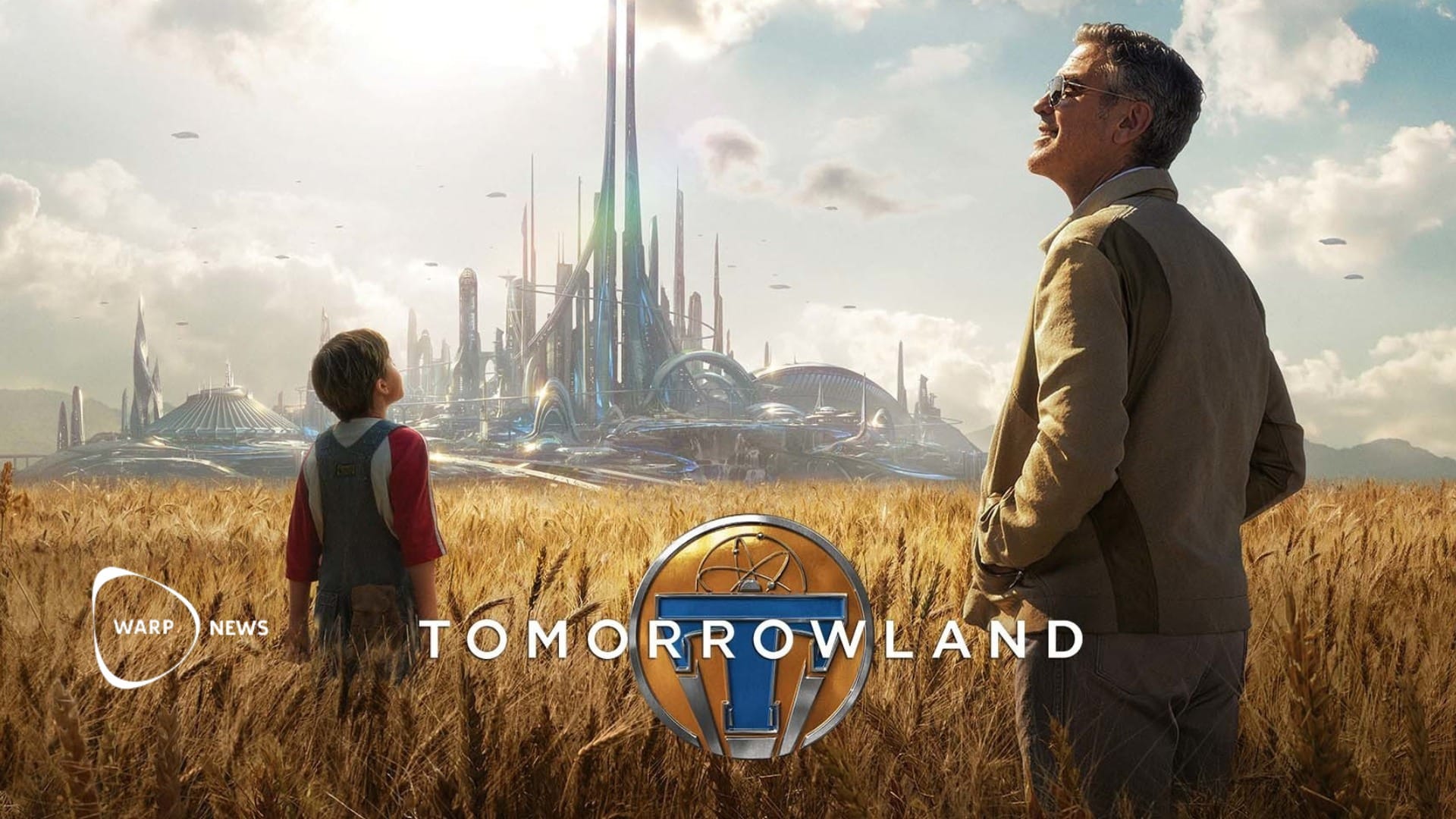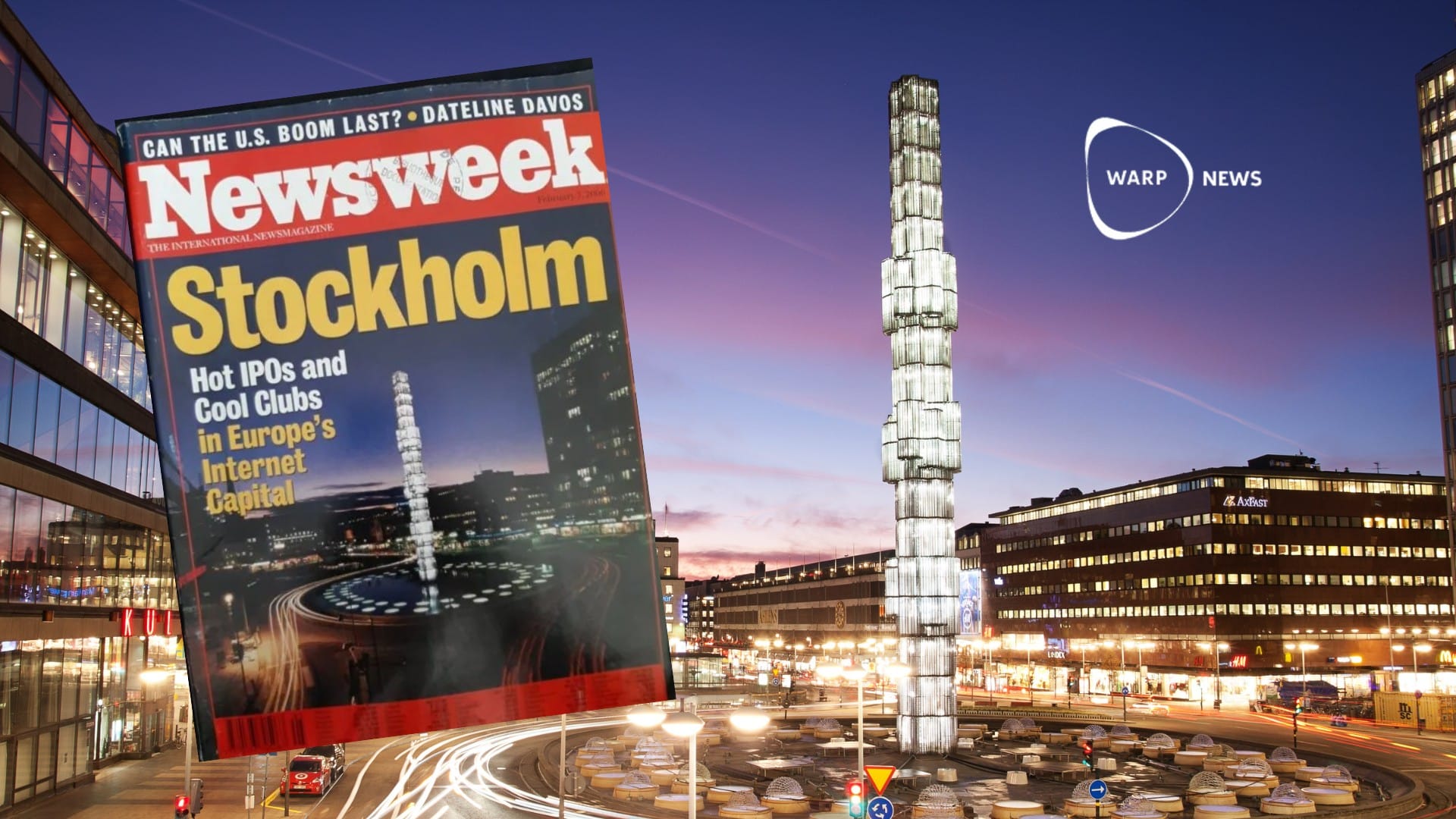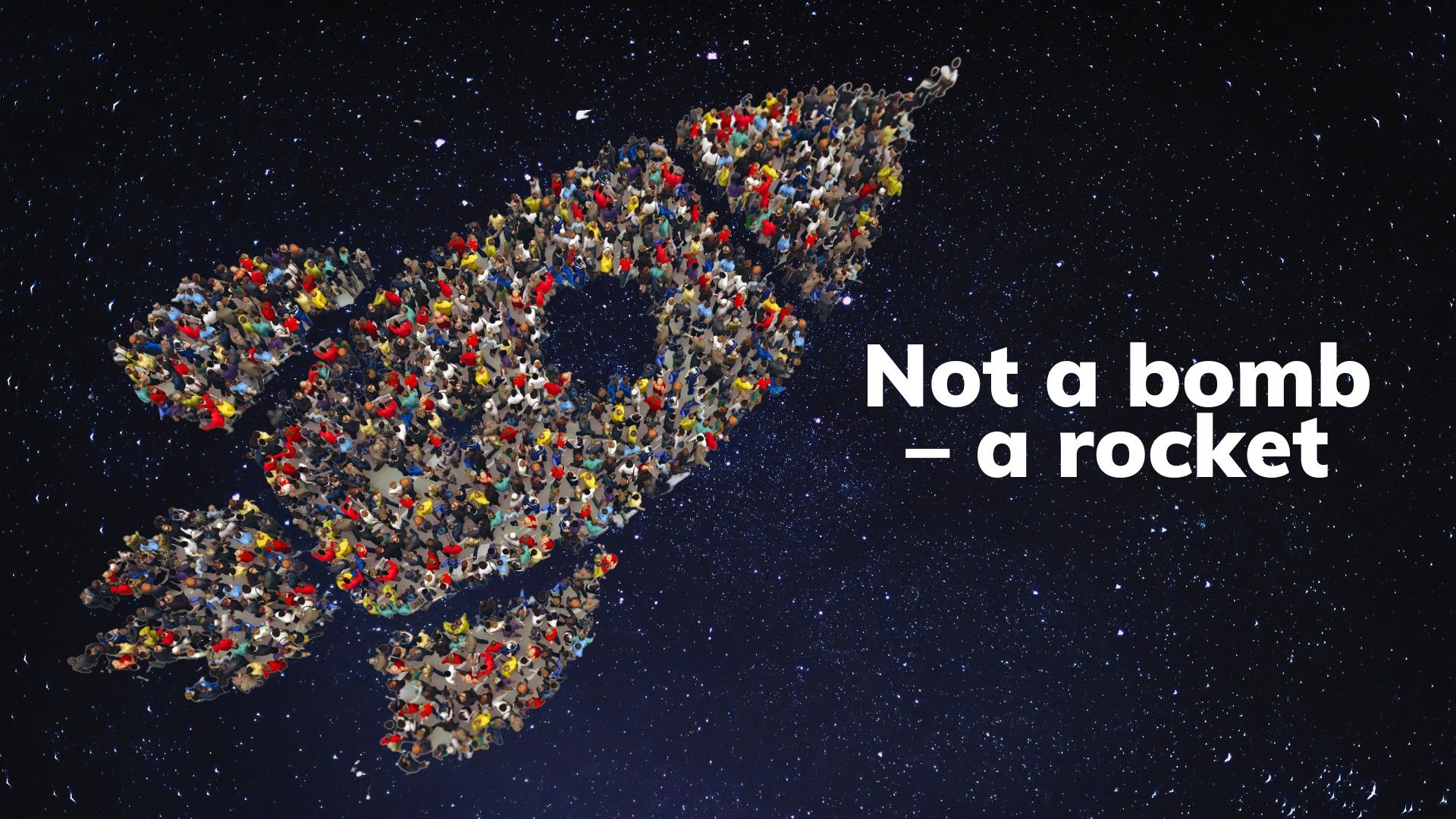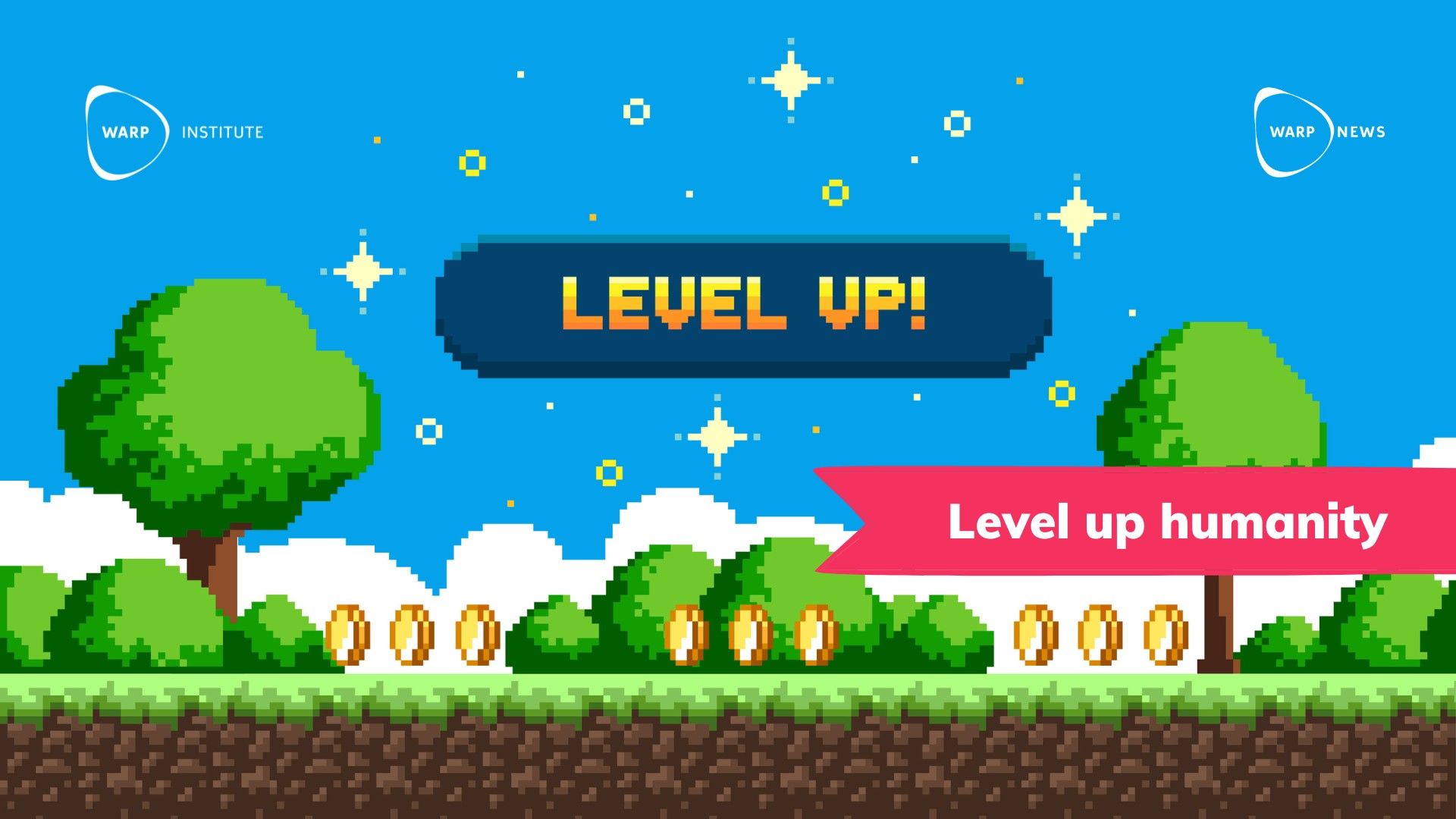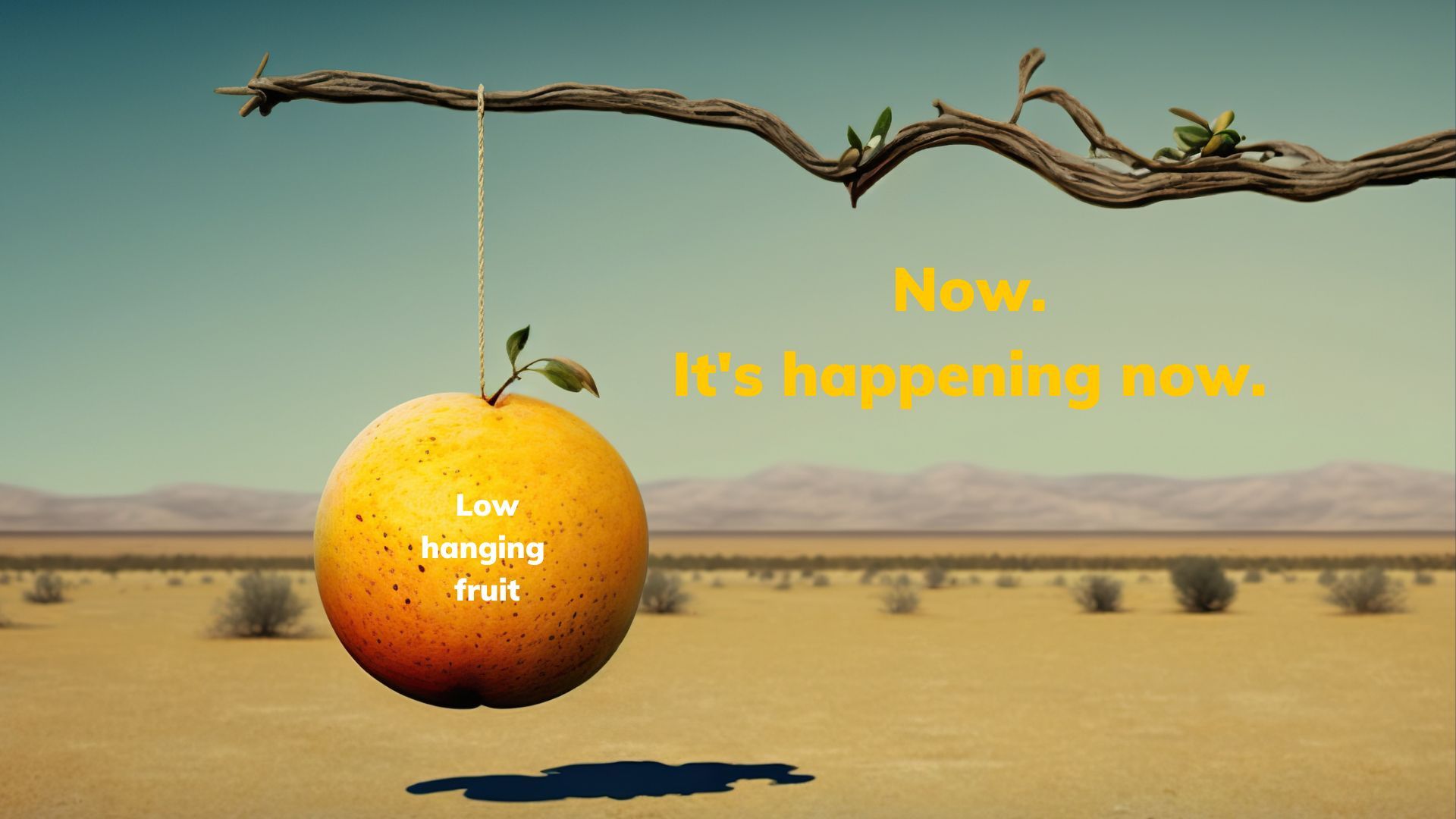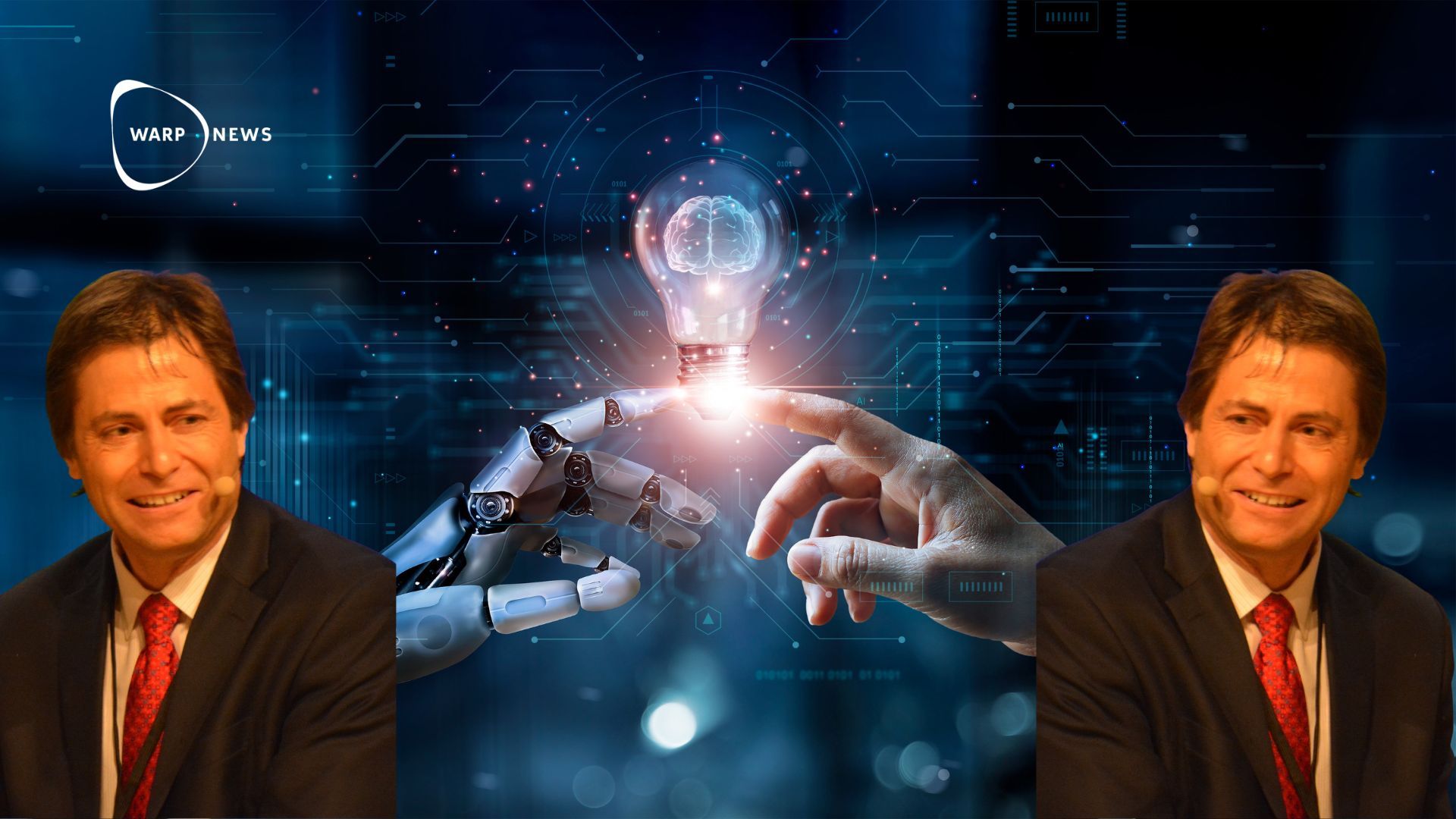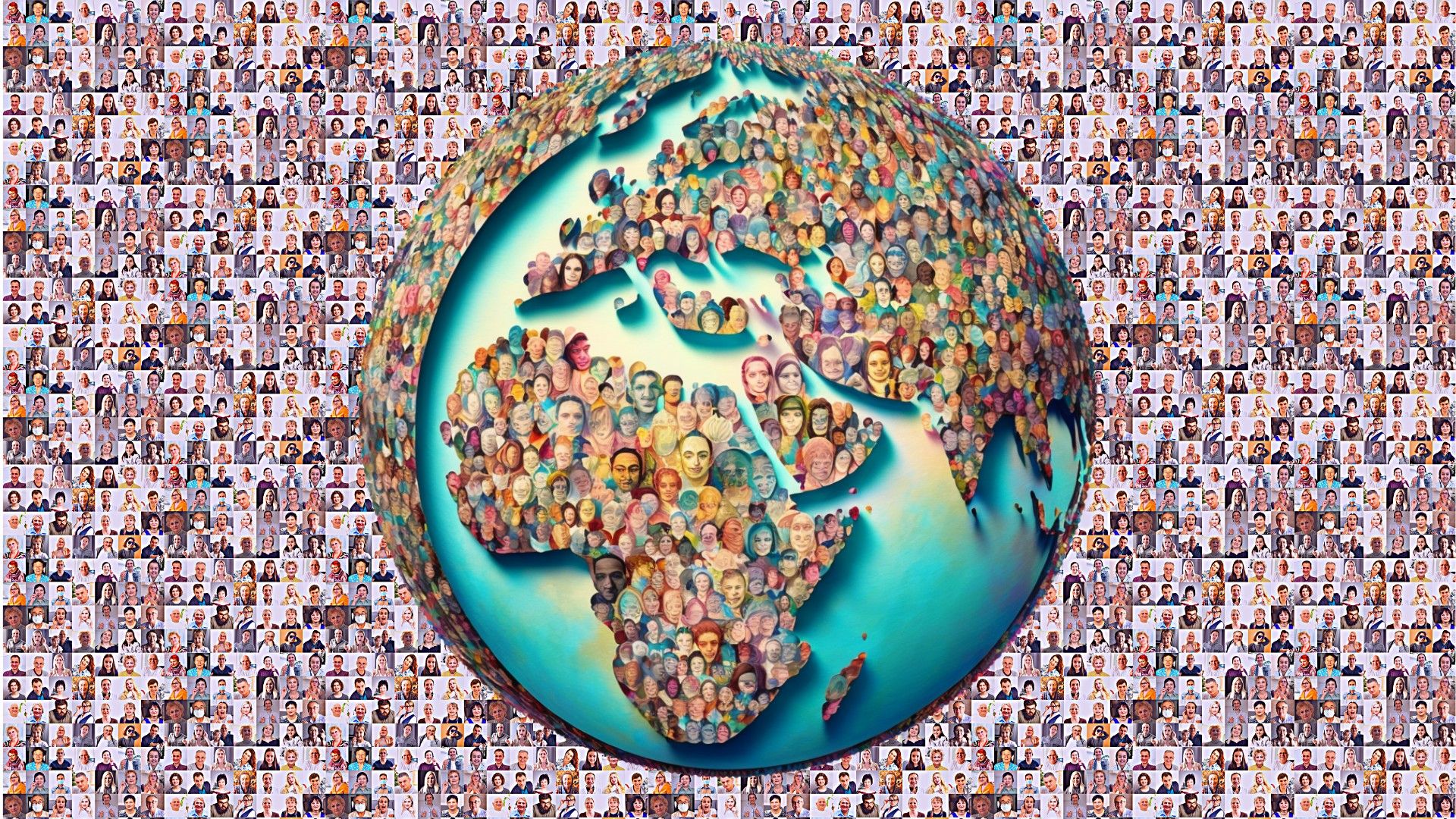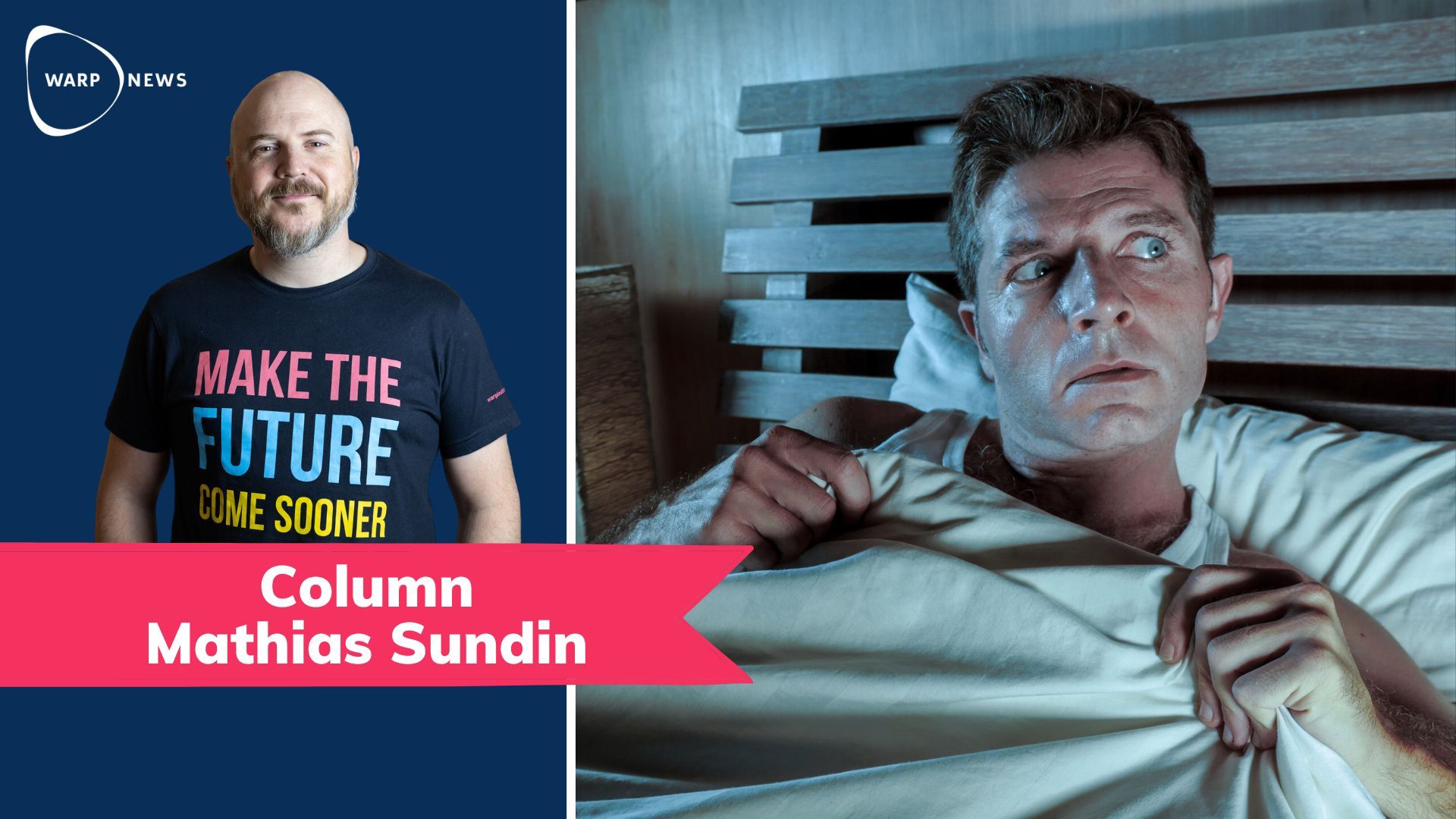✍🏼 Essays
Every week you get a thought-provoking essay on how you can understand and create the future.
🤔 Wasn't China supposed to invent ChatGPT? That's what you said
"China will win the AI race!" was a commonly voiced fear until recently. But this has not been heard much since the release of ChatGPT. Once again, messy democracies were underestimated, and planned dictatorships were overestimated.
💡 Tomorrowland
"If I saw a child with a jetpack flying over me, I would believe anything is possible. I would be inspired. Doesn't that make the world a better place?"
🦾 What can we learn from the Swedish IT miracle for the AI era?
Newsweek named Stockholm Europe's internet capital. Swedes had the most computers and the best broadband in the world. From the Swedish IT miracle, Skype, Spotify, and many other unicorns were born. What can we learn from that as we now try to create AI miracles?
🤴 Lord of the Pessimists: Paul Ehrlich
Paul Ehrlich calls himself an eternal optimist, but he is the greatest pessimist of our time. Because he makes the most common and serious mistake that pessimists make.
🆙 Warp Levels - an idea to level up humanity
Humanity is doing the high jump without a bar. We have no goal. With Warp Levels, we determine what the next level for humanity should contain, so we can level up and make progress faster.
💡 A new mindset for humanity can impact billions of people now and in the future
If we succeed in giving humanity more optimism about the future, it will not only affect those living now but also all generations and billions of people who will live in the future.
🧠 Why are people so pessimistic about the future? Part 3 - our own brains
Our brains are on high alert when it comes to perceived danger. That was great thousands of years ago, but today the world is much less dangerous, and now our instinct makes us pessimistic.

